Jaguar Cubs for sale | Best 1 Exotic pets for sale online
$2,300.00
jaguar cubs for sale, is a big cat, a feline in the Panthera genus, is the only extant Panthera species native to the Americas. jaguar is third-largest.
Jaguar Cubs For Sale
The Fascinating World of Jaguar Cubs: Nature’s Powerful Predators
Jaguar cubs for sale are some of the most captivating and powerful animals in the wild. From their stunning rosette-patterned fur to their remarkable strength, these young felines represent the early stages of what will become one of nature’s most formidable predators. Jaguars, as a species, are native to the rainforests and wetlands of Central and South America, and they are at the top of the food chain in their ecosystems. Though small and vulnerable when born, **jaguar cubs** grow into the sleek, powerful cats that command respect throughout the animal kingdom.
In this guide, we’ll dive into the life of jaguar cubs: how they develop, their natural behaviors, and the important role they play in the wild. Whether you’re an animal enthusiast or just curious about these incredible creatures, this article will give you a closer look at their journey from cubs to powerful predators. And yes, we’ll also touch on the question many may be wondering about—whether it’s possible (or ethical) to find **jaguar cubs for sale**.
The Early Life of a Jaguar Cub
Jaguar cubs come into the world after a gestation period of around 90 to 105 days. A mother jaguar usually gives birth in a hidden, secure den in the dense jungle or rocky terrain where she can protect her newborns from predators. A typical litter consists of one to four cubs, though two is the average. These cubs, born blind and helpless, rely entirely on their mother for warmth, food, and protection.
Weighing only around 1.5 to 2.5 pounds at birth, jaguar cubs are quite small compared to the adult animals they will grow into. Despite their vulnerability, jaguar mothers are highly protective of their cubs, staying close to the den and hunting only within a limited range to ensure their safety. If threatened, a mother will not hesitate to fiercely defend her young.
In the first few weeks of life, jaguar cubs are entirely dependent on their mother’s care. Their eyes remain closed for about two weeks, and while they are initially weak, their hearing and sense of smell develop rapidly. During this time, the cubs start to learn about their environment—hearing the sounds of the forest and feeling the warmth and comfort of their siblings. The cubs grow quickly, and soon their distinctive rosette patterns begin to emerge, marking their journey into adulthood.
Growth and Development
At around two months old, jaguar cubs begin weaning off their mother’s milk and start eating meat. Their mother will bring small prey back to the den, allowing the cubs to sample their future diet. This is an essential period, as the cubs learn not only what to eat but also begin developing their hunting instincts.
As they grow, the cubs follow their mother on brief hunting trips, learning how to stalk and capture prey. Jaguars are primarily solitary animals, so it’s crucial that cubs learn how to fend for themselves. These trips allow the young jaguars to practice key skills like stalking, pouncing, and taking down prey—instincts that they refine through play. Wrestling with siblings, for instance, helps them develop their agility and strength.
By the time jaguar cubs reach six months of age, they are noticeably larger and more independent, though they will continue to stay close to their mother for guidance and protection. Jaguars typically remain with their mothers until they are around two years old. During this time, the cubs learn the boundaries of their territory, how to navigate through the dense forest, and perfect their hunting techniques. Afterward, they set off to establish territories of their own, ready to take on life as solitary predators.
Unique Behaviors of Jaguar Cubs
Even as young cubs, jaguars exhibit the traits that make them such formidable hunters. Their playtime isn’t just fun and games—it’s critical practice. Pouncing, stalking, and chasing one another helps them build the skills they’ll need to hunt successfully in the wild.
One behavior that sets jaguars apart from other big cats is their love of water. Jaguars are known for their incredible swimming abilities, and cubs are often introduced to water at an early age. Their mother will show them how to navigate rivers and lakes, teaching them an essential skill, as many jaguars hunt aquatic prey like fish and caimans.
Additionally, jaguars are known for their powerful bite force, the strongest of any big cat relative to their size. Cubs develop this strength over time, practicing by biting bones and chewing on tougher parts of their mother’s kills. Their bite is crucial for their survival, as jaguars are one of the few animals capable of puncturing the skulls or shells of their prey with ease.
Social Life and Bond with Their Mother
Jaguars, by nature, are solitary creatures, and cubs grow up to live independent lives. However, during the early stages of life, they share a close bond with their mother and siblings. For the first two years, the mother provides food, protection, and education, showing the cubs everything they need to know to survive.
During this time, jaguar cubs rely heavily on their siblings for companionship. They play, explore, and practice hunting together, but once they reach maturity, this bond fades. The siblings will eventually go their separate ways to establish their own territories, each one becoming a solitary hunter.
Conservation Status and Threats to Jaguar Cubs
Jaguar populations face numerous threats in the wild, many of which directly impact the survival of cubs. Habitat destruction, particularly deforestation in the Amazon, poses a significant challenge. As humans encroach on their territories, jaguars are pushed into smaller, more fragmented habitats, which makes it difficult for them to find food and shelter. In some areas, human-jaguar conflict arises when these cats prey on livestock, leading to retaliatory killings.
Another major threat is the illegal wildlife trade. While jaguar cubs may be highly sought after as exotic pets, the practice of keeping jaguars—or any wild animal—as a pet is not only unethical but also detrimental to the species. Jaguars require vast territories and have complex dietary and environmental needs that cannot be met in captivity. Searching for **jaguar cubs for sale** perpetuates the demand for illegal wildlife trafficking, further endangering wild populations.
Conservation efforts are critical to ensuring the survival of jaguars and their cubs. Organizations across Central and South America are working to protect jaguar habitats, enforce anti-poaching laws, and educate the public about the importance of conserving these incredible animals.
Jaguar Cubs as Pets: Why It’s Not a Good Idea
You may have seen exotic animals like jaguar cubs featured in viral videos or owned by celebrities, which might make the idea of owning one seem appealing. However, it’s crucial to understand that jaguars, like other wild animals, are not meant to be pets.
Jaguars are apex predators with natural instincts that make them dangerous and difficult to control, even in captivity. While a jaguar cub may seem cute and playful at first, they quickly grow into powerful, unpredictable adults that require specialized care, vast territories, and a diet that is impossible to replicate in a typical household setting.
Additionally, keeping jaguars as pets is illegal in most countries, including the United States, due to the dangers they pose and the ethical concerns surrounding the trade of exotic animals. Seeking out **jaguar cub for sale** fuels the illegal wildlife trade and often leads to tragic outcomes for the animals involved.
Supporting Conservation: How to See Jaguar Cubs Ethically
If you’re interested in seeing jaguar cubs up close, the best and most ethical way to do so is by supporting conservation efforts. Many accredited zoos and wildlife sanctuaries work to protect jaguars and their habitats, often participating in breeding programs aimed at increasing genetic diversity and sustaining captive populations.
These programs ensure that jaguars are kept in environments that replicate their natural habitats as closely as possible. Visiting a reputable zoo or sanctuary allows you to experience the beauty of these majestic animals while also contributing to their conservation.
Some wildlife sanctuaries also focus on rescuing jaguars and other exotic animals that have been kept as illegal pets, providing them with safe, spacious homes where they can live out their lives in peace.
Final Thoughts: Jaguar Cubs and Their Future
Jaguar cubs are among the most awe-inspiring creatures on Earth, representing both the beauty and power of the natural world. However, they are also a reminder of the fragility of ecosystems under threat. The survival of jaguar cubs in the wild depends on the preservation of their habitats and the prevention of illegal hunting and trade.
While the allure of exotic animals might tempt some to seek **jaguar cub for sale**, it’s vital to remember that these animals belong in the wild, where they play an essential role in maintaining the balance of their ecosystems. Supporting conservation efforts and educating others about the importance of protecting jaguars is the best way to ensure these incredible animals continue to thrive for generations to come.
Be the first to review “Jaguar Cubs for sale | Best 1 Exotic pets for sale online” Cancel reply
Related products
PARROTS FOR SALE
PARROTS FOR SALE
PARROTS FOR SALE


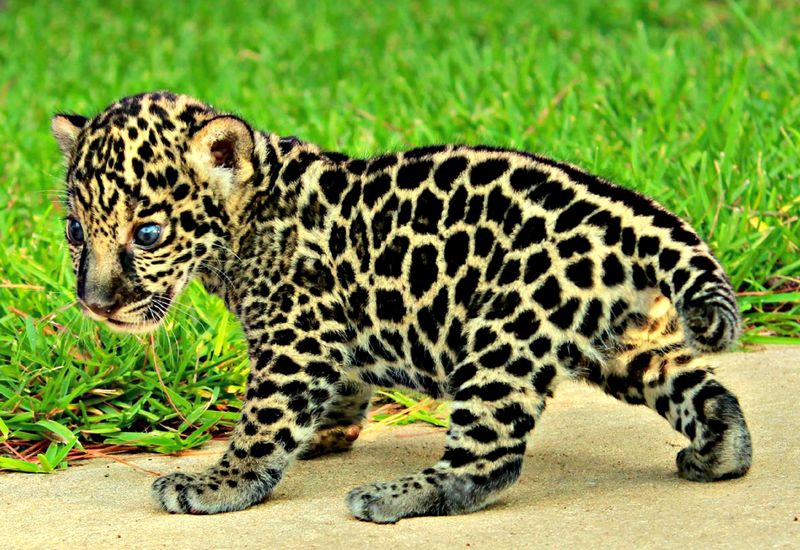




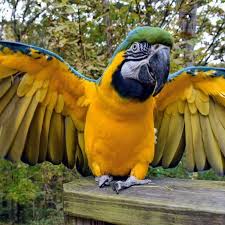
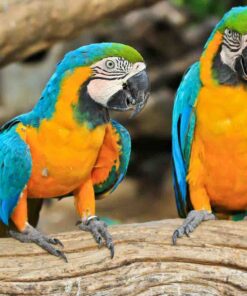

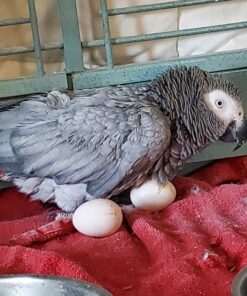
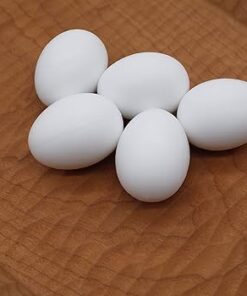





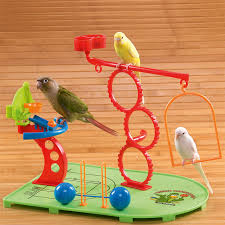
Reviews
There are no reviews yet.